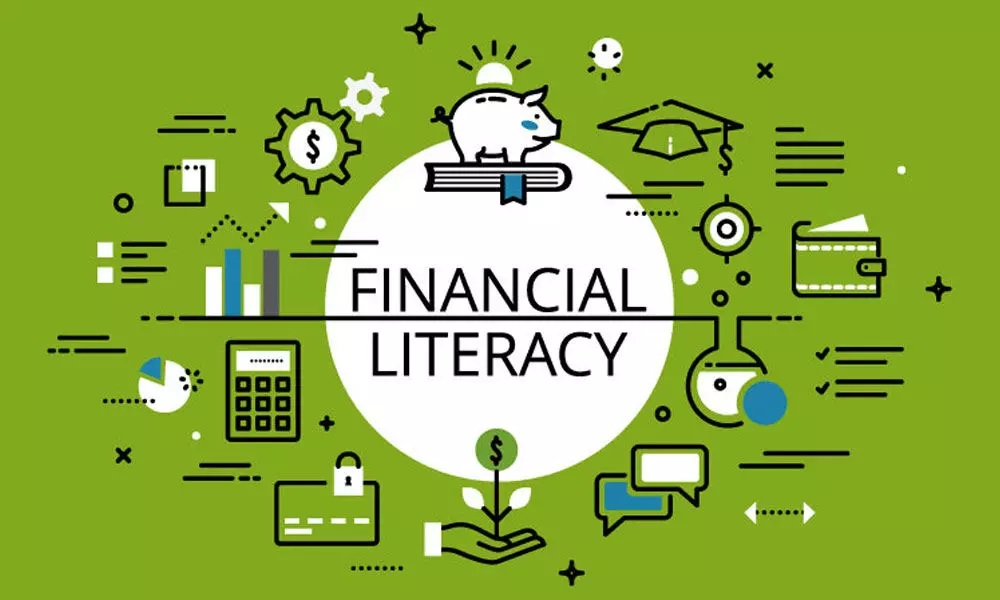Financial literacy plays a crucial role in empowering individuals to make informed decisions about their money and secure their financial future. In today’s complex economic landscape, where financial products and services are constantly evolving, it is essential for individuals to have a solid understanding of personal finance. This is where financial literacy initiatives come into play.
The Importance of Financial Literacy

Financial Literacy
Financial literacy refers to the knowledge and skills needed to effectively manage personal finances. It encompasses various aspects, such as budgeting, saving, investing, debt management, and understanding financial products. Without a strong foundation in financial literacy, individuals may find themselves susceptible to financial pitfalls, such as high-interest debt, inadequate savings, and poor investment decisions.
Financial literacy initiatives aim to bridge this knowledge gap by providing individuals with the tools and resources they need to make informed financial decisions. These initiatives can take various forms, including educational programs, workshops, online courses, and community outreach campaigns.
The Role of Financial Institutions
Financial institutions play a significant role in promoting financial literacy. They have a vested interest in helping individuals become financially literate, as it leads to more responsible and informed customers. Many banks and credit unions offer financial literacy programs tailored to different age groups and financial needs. These programs cover a wide range of topics, including basic banking, budgeting, credit management, and retirement planning.
In addition to educational programs, financial institutions also provide resources such as financial calculators, budgeting tools, and online tutorials to assist individuals in developing their financial literacy skills. By equipping individuals with the necessary knowledge, financial institutions empower them to make sound financial decisions and achieve their financial goals.
Government Initiatives
Recognizing the importance of financial literacy, governments around the world have implemented various initiatives to improve financial education. These initiatives target different segments of the population, including students, low-income individuals, and vulnerable communities.
Government financial literacy initiatives often focus on integrating financial education into school curriculums. By teaching children about money management from an early age, these programs aim to instill good financial habits and improve long-term financial outcomes. Additionally, governments may provide funding for community-based organizations that offer financial education programs to underserved populations.
The Benefits of Financial Literacy Initiatives
The benefits of financial literacy initiatives are far-reaching. When individuals are financially literate, they are better equipped to make informed decisions about borrowing, investing, and saving. This, in turn, leads to improved financial well-being and reduces the risk of falling into debt or financial hardship.
Financial literacy initiatives also contribute to economic growth and stability. When individuals are financially savvy, they are more likely to invest in the stock market, start businesses, and contribute to overall economic prosperity. Moreover, financially literate individuals are better prepared for retirement, reducing the burden on social security systems.
Financial literacy initiatives play a vital role in empowering individuals to take control of their financial lives. By equipping individuals with the knowledge and skills needed to make informed financial decisions, these initiatives enhance financial well-being, promote economic growth, and foster a more financially secure future for all. It is crucial for individuals, financial institutions, and governments to continue investing in financial literacy initiatives to ensure a financially literate society.






